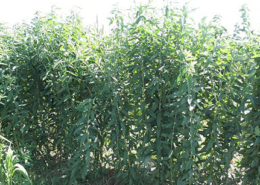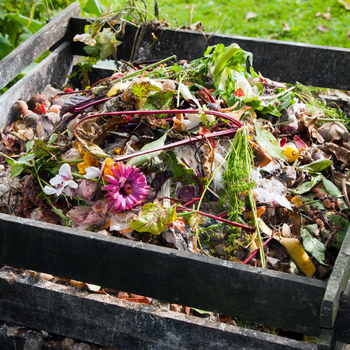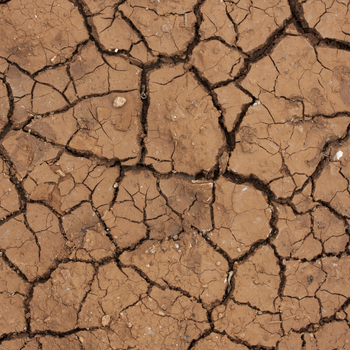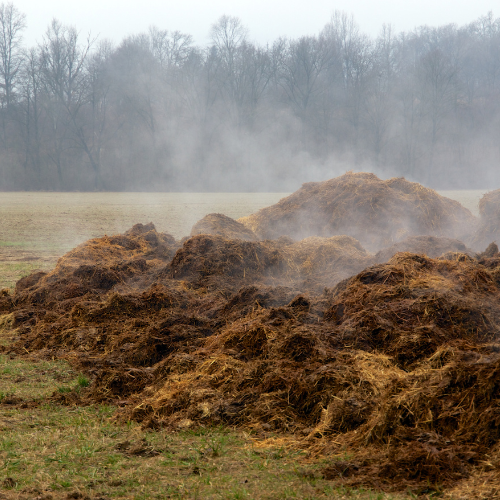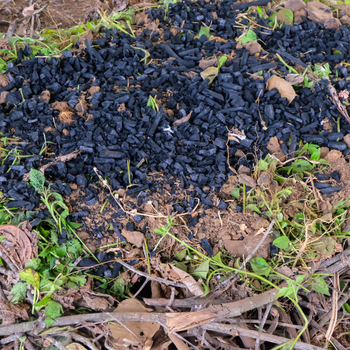Soil
Healthy soil is the foundation for long-term success for all farms and ranches. Whether organic or conventional, raising livestock or crops, your operation will benefit when you continually improve your soil’s health. ATTRA’s soil resources can help you prevent soil erosion, increase soil organic matter and water holding capacity, manage soil fertility, and improve the profitability of your farm.
Unhealthy soil doesn’t absorb much water. Healthy soil acts like a sponge, capable of holding hundreds of thousands of gallons of water in an acre. Regenerative farming practices enable the soil to capture rainfall that otherwise might disappear as runoff. Economically, these practices can increase crop and forage production, drought resilience, access to lucrative new markets, and therefore profitability. Environmentally, they can improve soil health and biodiversity.
Soil for Water
Soil for Water supports an expanding network of farmers and ranchers who are taking steps to catch and hold more water in the soil. The Soil for Water project grew out of the western megadrought, which is putting a strain on agricultural producers across the country.
The free and voluntary program combines the use of appropriate technology, peer-to-peer learning, and adaptive management to encourage the adoption of regenerative agricultural practices. The Soil for Water project is about building lasting infrastructure and connecting dynamic agricultural producers that will make farms, ranches, and communities more resilient in the face of persistent drought and other natural disasters.
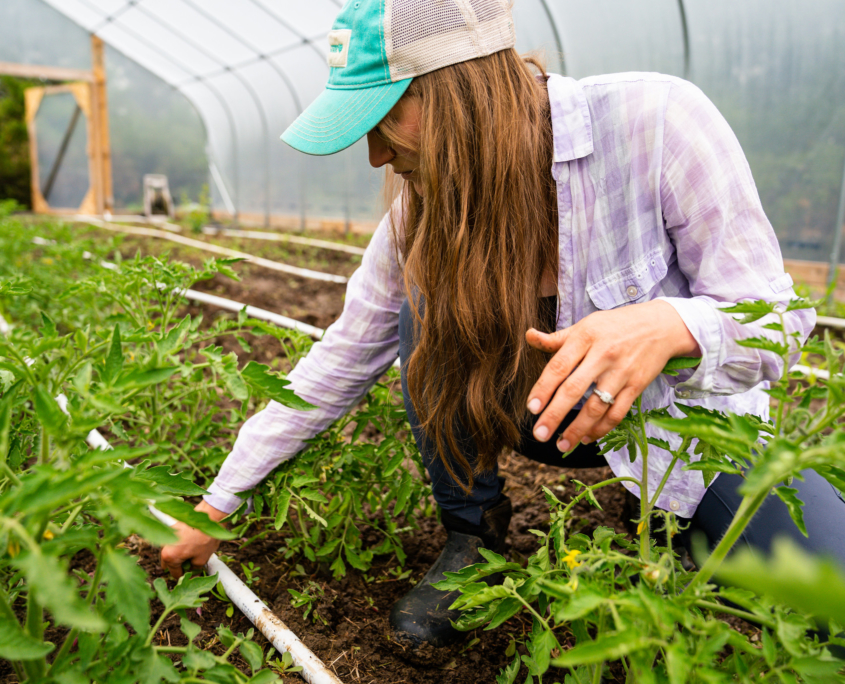
Featured Topics
ATTRA’s Soil Resources
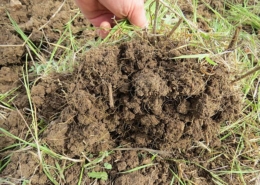
Assessing Soil Health on Grazing Lands Using a Shovel and a Knife
By Justin Morris, NCAT Regenerative Grazing Specialist
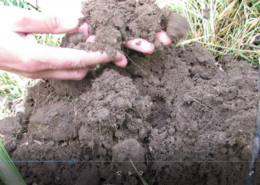
How to Assess Soil Health on Grazing Lands Using a Shovel and a Knife
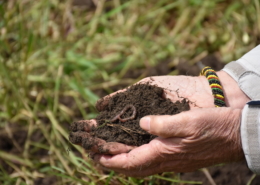 USDA NRCS
USDA NRCSWatch: NCAT Releases Soil Health 101 Series
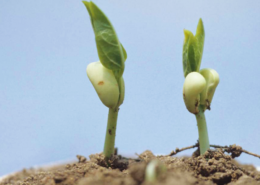
Episode 243. Cover Crops and Their Impact on Soil Health, Crop Productivity
Mike Lewis and Shawn Lucas

Soil Health 101: Principles for Livestock Production
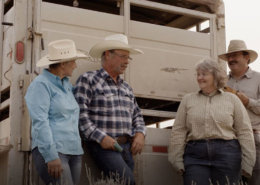
Episode 241. NCAT’s Soil for Water Project to Connect a Community of Regenerators
NCAT Communications Director Emilie Ritter Saunders and NCAT Regenerative Grazing Specialist Linda Poole
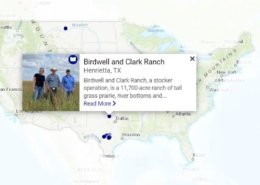
Introducing the Regenerator’s Atlas of America
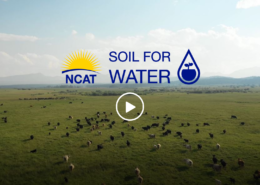
Join Us for the ‘Soil for Water’ Film Premiere
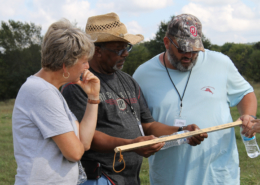 NCAT
NCATNCAT Launches Nationwide ‘Soil for Water’ Regenerative Agriculture Project
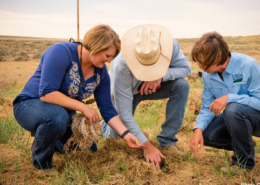
Episode 234. State Soil Health Programs: From the Ground Up in Montana
Mike Morris, Cole Mannix, Marni Thompson, and Linda Poole
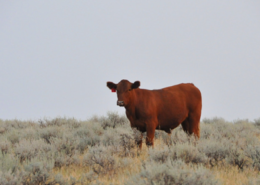
Episode 233. Aplicando prácticas de conservación a un huerta
Jose Robles y Martin Guerena
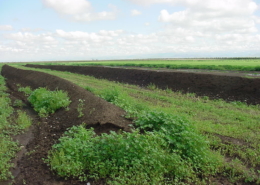 NCAT
https://attra.ncat.org/wp-content/uploads/2022/11/DairyMnrCompostWindrwSunViewVnyrdsAprl06.jpg
768
1024
NCAT IT
/wp-content/uploads/2022/06/ATTRAlogo_RGB-340x156.png
NCAT IT2021-12-12 08:16:192025-03-10 09:32:06Sustainable Soil Management
NCAT
https://attra.ncat.org/wp-content/uploads/2022/11/DairyMnrCompostWindrwSunViewVnyrdsAprl06.jpg
768
1024
NCAT IT
/wp-content/uploads/2022/06/ATTRAlogo_RGB-340x156.png
NCAT IT2021-12-12 08:16:192025-03-10 09:32:06Sustainable Soil Management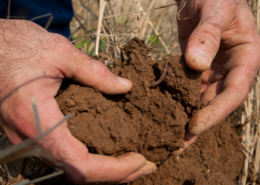
Help Shape Montana’s Soil Health Future
By Linda Poole, Regenerative Grazing Specialist
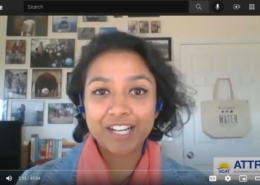
NCAT Releases 19 Soil Health Innovations Videos
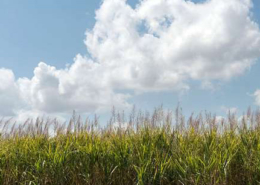
Episode 223: Do Cover Crops Steal Water? Part 2
